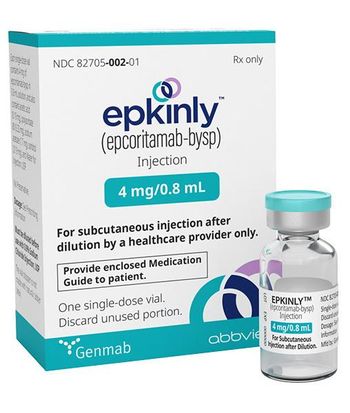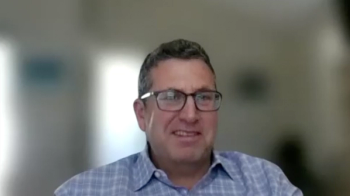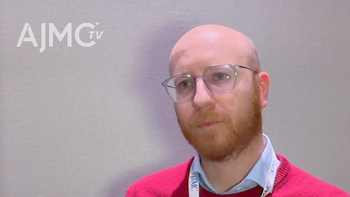
Technology Will Allow Healthcare to Become Proactive and Preventive, Say Panelists at Davos
The latest technological advances in the healthcare field will provide more accessible, affordable, and efficient healthcare for patients worldwide, according to a discussion at the World Economic Forum Annual Meeting in Davos, Switzerland.
The latest technological advances in the healthcare field will provide more accessible, affordable, and efficient healthcare for patients worldwide, according to a discussion at the World Economic Forum Annual Meeting in Davos, Switzerland, this week.
Albert Bourla, chief operating officer of Pfizer, stated what he believed to be the 4 emerging themes in healthcare. These included the ability to bring better treatments to patients, an improvement in a physician’s ability to manage illness, patient empowerment in managing personal health, and a disruption of relations among healthcare system stakeholders. These themes are a result of massive technological breakthroughs that are improving preventive care.
On the technological side, Rajeev Suri, CEO of Nokia, sees the future of preventive care as patient centered. He imagines a world where wearable devices will do more than what already existing fitness trackers do by clinically monitoring heart rate, blood pressure, and other vitals.
“We believe in a world where you can move from reactive care to continuous monitoring and really move to preventive care," Suri said. "At Nokia, we are trying to work on noninvasive wearable sensory devices so you can continually monitor the human body.”
Michael Neidorff, CEO of Centene Corporation, discussed the amounts of data that are analyzed by computers in real time through wearable devices that can show early signs of heart attack in a patient. Satya Nadella, CEO of Microsoft, added that data collected from these noninvasive sensory devices will need to be reasoned over by physicians to make advancements in patient health.
Although current health systems are reactionary based, the panelists agreed that preventive care is more affordable than reactive care. Hence technology’s ability to decrease healthcare spending in the United States and abroad by identifying health issues in a patient before they occur.
“We have to move to policy from politics. It’s a fundamental right for individuals to have access to healthcare,” stated Neidorff when asked how technology in healthcare will increase accessibility for low-income patients. “Once you achieve that and you start there, then it’s incumbent on the individuals on this stage to help develop the technique and capability to do it in a cost-effective manner.”
Telemedicine is another groundbreaking advancement in healthcare, said Suri. Research shows that when telemedicine is used in a preventive manner in rural communities, hospital readmission rates are reduced, ultimately reducing healthcare spending among patients who are unable to pay expensive healthcare bills.
While technology will enhance the efficiency of health services, challenges will surely arise. Nadella noted that keeping patient care and interest at the center of healthcare while also focusing on technological advances is necessary. The physician must connect the data to the patient to keep healthcare personalized.
“I hope with the use of technology, we will be able to find the cure for cancer, we will be able to unlock the mysteries of obesity, we will be able to reduce significantly cardiovascular deaths,” said Bourla. “The future is bright provided that we do it with the patient’s best interest in mind.”
Newsletter
Stay ahead of policy, cost, and value—subscribe to AJMC for expert insights at the intersection of clinical care and health economics.
















